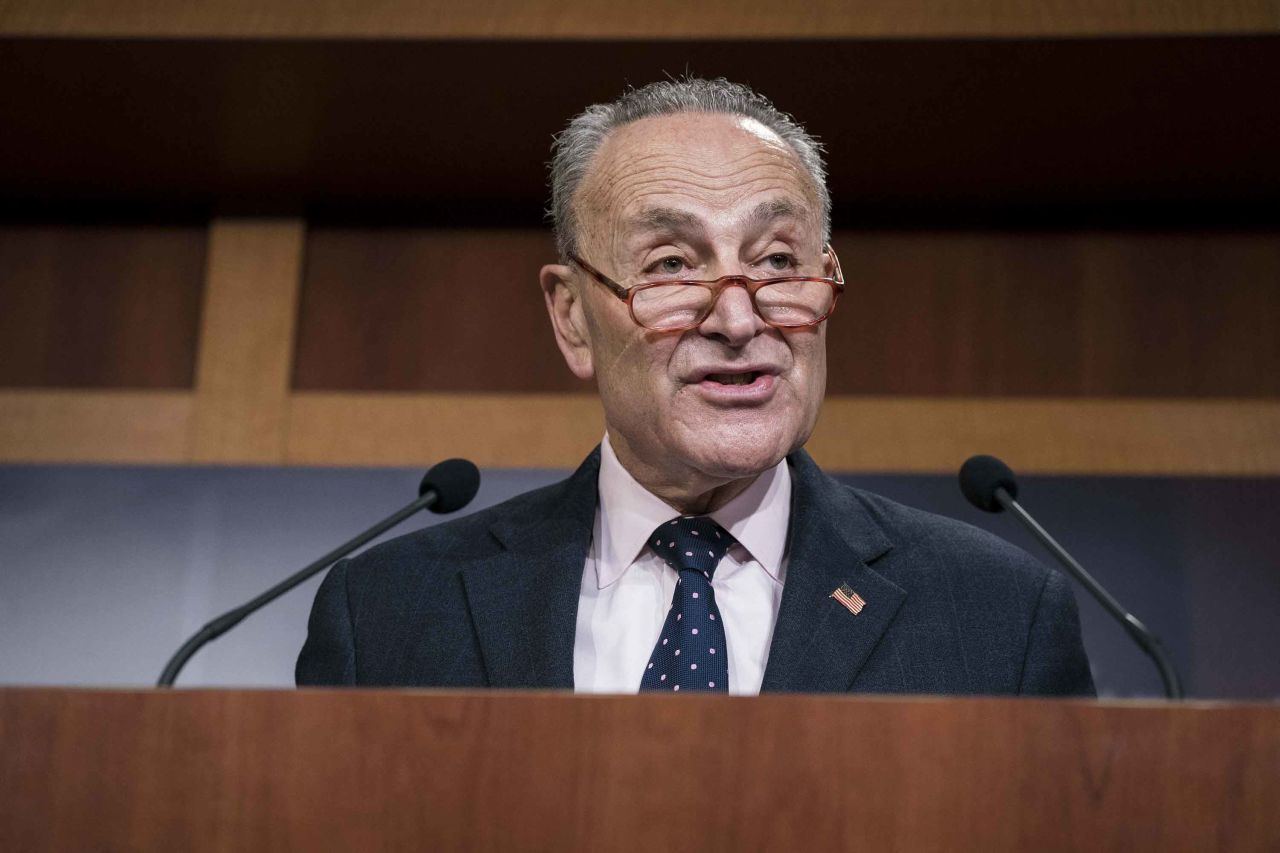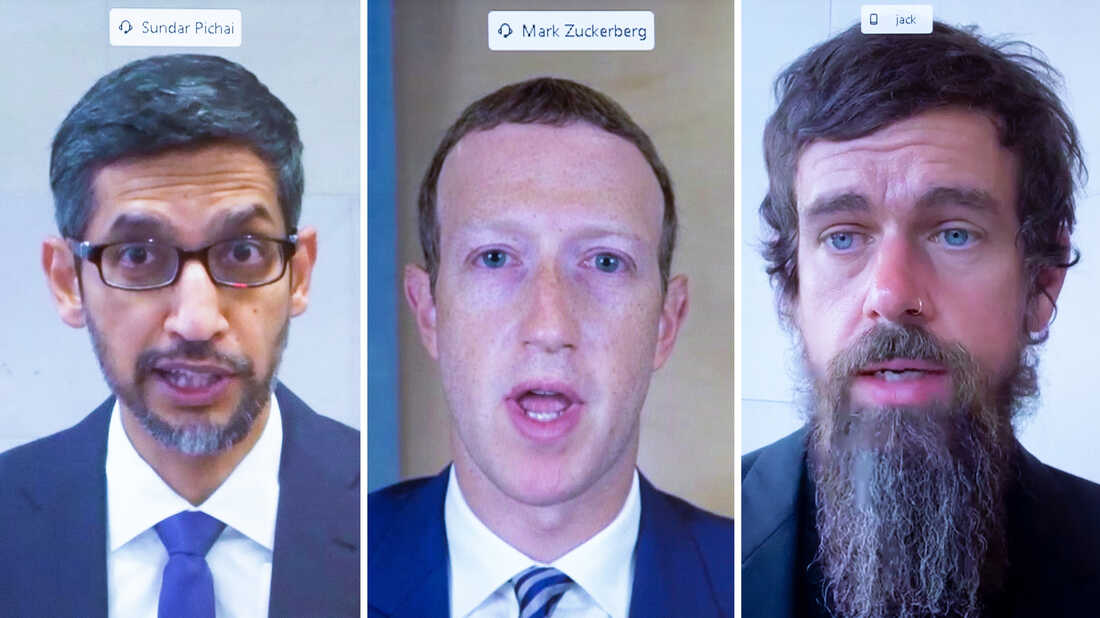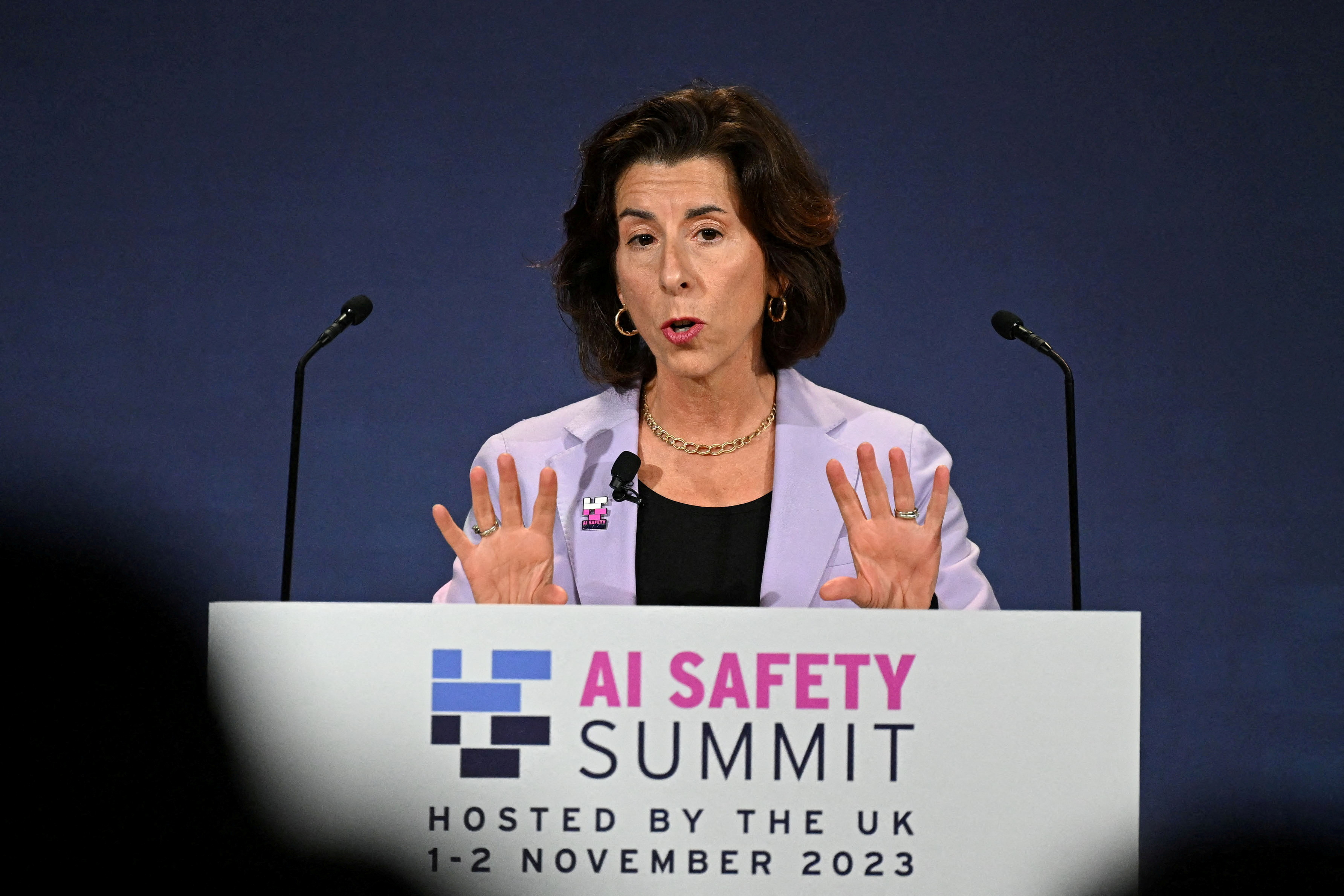Congress Fails to Establish AI Regulations
The landscape of artificial intelligence regulation in the United States is characterized by a chilling absence of federal legislation, as reported by Congress. Despite increasing public outcry and significant testimony from tech leaders about the urgent need for oversight, no comprehensive measures have been enacted to curb the unchecked growth of AI. This regulatory void not only jeopardizes digital rights but also amplifies inequities in technology governance.
Historical Precedents of Restriction
According to Technology Governance and Equity in the United States, policymakers need to heed the historical context in which technology restrictions have successfully promoted equity. The Genetic Information Nondiscrimination Act (GINA) serves as a prime example where the government acted to limit industry access to sensitive information to prevent discrimination. With the rise of AI, a similar proactive stance is essential to protect vulnerable populations from algorithmic bias and discrimination.

February 26, 2020 coronavirus news | CNN
Privacy by Design Is Not Enough
As reported by privacy advocates, privacy by technological design is increasingly recognized as a vital component of implementing privacy laws. However, this approach falls short without robust regulatory frameworks. The tech industry often exploits loopholes in existing laws, allowing them to prioritize profit over user privacy. Without mandatory compliance, technological design alone cannot safeguard individual rights in the face of rampant data exploitation.
The Digital Divide and AI Inequity
The consequences of inaction are stark. The proliferation of AI technologies is likely to deepen the digital divide, as those without access to technology find themselves further marginalized. A report from Stanford emphasizes the urgent need for resources that enable policymakers to keep pace with rapid technological advancements. Without equitable access to technology, low-income and minority communities will be disproportionately affected by AI’s implications, which can include job displacement and biased decision-making in critical areas like healthcare and criminal justice.

Facebook, Twitter, Google CEOs Testify Before Congress: 4 ...
Growing Backlash Against AI
The tide is turning against unchecked AI development. As highlighted by Brookings, a backlash is emerging, propelled by fears of unregulated technologies wreaking havoc on society. This growing sentiment calls for immediate action. Major tech figures, including OpenAI"s Sam Altman, have testified before Congress to stress the necessity for regulation, signaling a shift in the industry"s willingness to accept oversight.
Implications of Inaction
Failure to regulate AI could have dire consequences for democracy and civil liberties. As AI systems increasingly influence decision-making processes, the lack of transparency and accountability could lead to a future where corporate interests override public welfare. The stakes are high, and without decisive action from lawmakers, the promise of AI could quickly devolve into a tool for surveillance and oppression.

White House AI council meets Monday as legislative action ...

![[Video] Anti-ICE Protester Pepper Sprayed as CBP Agents Disperse Crowd in Minneapolis](/_next/image?url=%2Fapi%2Fimage%2Fthumbnails%2Fthumbnail-1768260677127-y71sb7-thumbnail.jpg&w=3840&q=75)

![[Video] Several injured as U-Haul truck drives through Iranian protestors in Los Angeles](/_next/image?url=%2Fapi%2Fimage%2Fthumbnails%2Fthumbnail-1768176682028-q95y6j-thumbnail.jpg&w=3840&q=75)
![[Video] Scuffle breaks out between Trump supporters and Anti-ICE protesters in Times Square](/_next/image?url=%2Fapi%2Fimage%2Fthumbnails%2Fthumbnail-1768165958203-hgcgb-thumbnail.jpg&w=3840&q=75)


![[Video] Gunfire between Iraqi security forces and Sadr militias in Baghdad](/_next/image?url=%2Fapi%2Fimage%2Fthumbnails%2Fthumbnail-1768343508874-4redb-thumbnail.jpg&w=3840&q=75)
